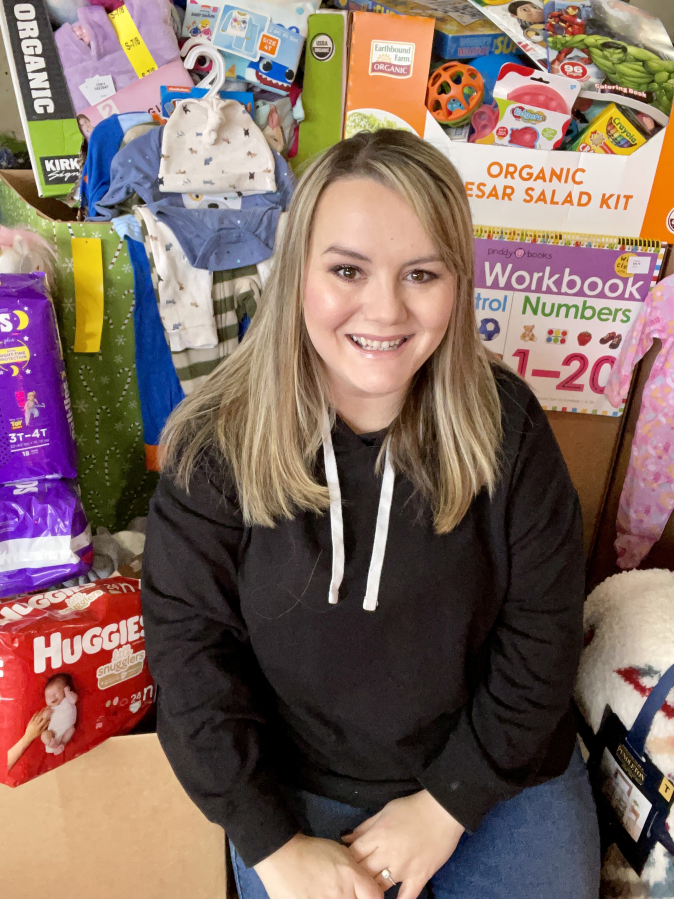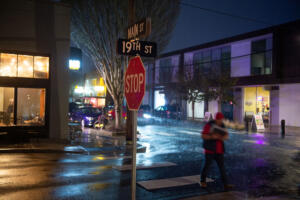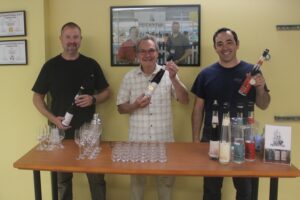As a child, Jeannine Mills was a part of the foster care system. As an adult, she’s not only a foster parent, but a regional representative for the Washington State Department of Children Youth and Families and a former court-appointed special advocate for foster children in Clark County.
So when Mills heard Washougal’s Riverside Christian School was interested in reviving its foster care supply drive program, she had no doubt she wanted to be involved.
“My entire background is in child welfare, and I have a lot of experience in child welfare. Eventually I’d like to have a political run that basically focuses on child welfare and reform,” the Washougal resident said. “There was no sign of (a project like this) anywhere, so I said, ‘Why don’t I take this on?” I know first-hand how important these resources are for those kids.”
In November, Mills launched a supply drive to collect items and create “welcome bags,” which she will pass on to local DCYF offices and private foster care agencies to be distributed to foster children as needed.
She placed donation bins at Riverside Christian School and seven local businesses, including 54-40 Brewing Co., Craig’s Plumbing Solutions and Country Financial, and is planning to add more organizations to her network for the next “wave” of collections in the spring.





